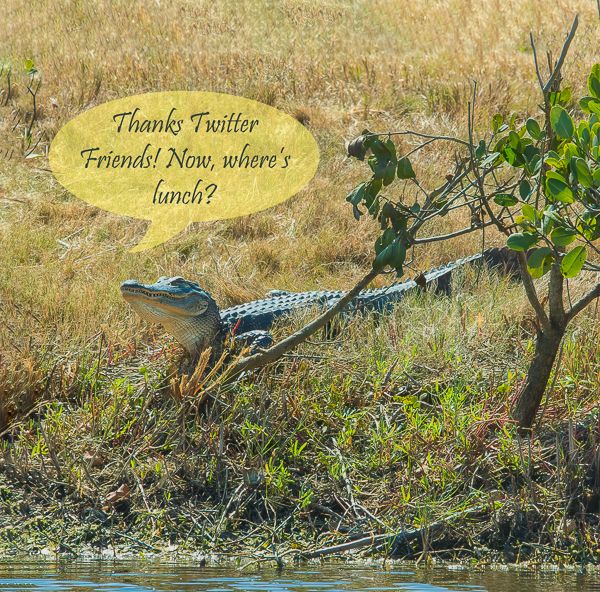
Wild 'skunk pigs' mourn their dead, footage recorded by an eight year old for his science fair project reveals
Camera traps set up for science fair project revealed herd visiting dead peccary
Over 10 days, herd sniffs the body, nuzzles it, bites it, and protects from coyotes
Researchers say it now appears they have 'complex' reactions to their dead
By CHEYENNE MACDONALD
FOR DAILYMAIL.COM
PUBLISHED: 14 December 2017
On January 8, 2017, an eight-year-old boy named Dante de Kort spotted a dead collared peccary near his home in central Arizona. For his school science fair project, he set up a motion-activated camera—a birthday present from his grandparents—next to the corpse.
Little did he know that his school project would offer an invaluable glimpse at how these animals respond to death.
At a regional science fair with her daughter in February, Prescott College biologist Mariana Altrichter was immediately struck by de Kort's videos. Having studied the social, pig-like mammals for Altrichter knew how tightly bonded peccaries could be. But she'd never witnessed herd members return to a body repeatedly. (Read: "Where Peccaries Wallow, Other Animals Follow.")
“It was pretty amazing because it wasn’t just an immediate reaction and then they moved on—it went on for 10 days,” says Altrichter, chair of the International Union for Conservation of Nature’s Peccary Specialist Group.
Dealing With Death
Accounts of death rituals have been written for a variety of animals, including elephants, primates, dolphins, and birds such as ravens. Elephants, for instance, have been seen standing over a deceased herd member for days, rocking back and forth, and pulling the lifeless body in what some experts believe is an expression of grief. (Related: "Whales Mourn Their Dead, Just Like Us.")
No comments:
Post a Comment